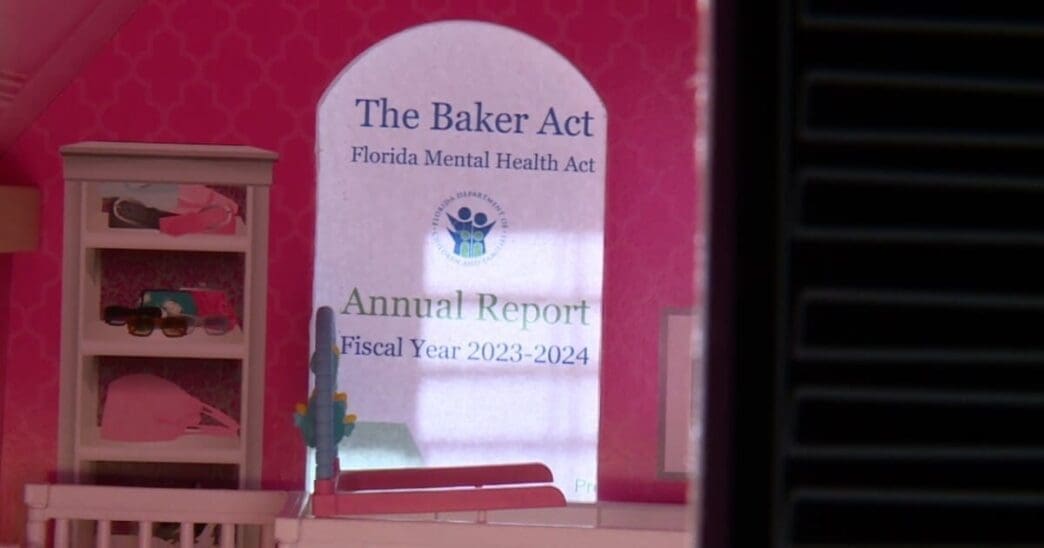Recent data reveals a continued decline in the number of involuntary psychiatric exams conducted on children in Florida under the Baker Act. This trend is highlighted in the latest report from the USF Center for Baker Act Reporting, shedding light on the state’s efforts to address the ongoing mental health crisis among its youth.
The Baker Act permits specific professionals to mandate a 72-hour involuntary psychiatric assessment for individuals deemed a threat to themselves or others. In the fiscal year 2023/2024, over 161,000 Baker Act exams were executed in Florida, with children comprising over 18% of these exams, totaling nearly 30,000 cases.
The report signifies a decrease in the proportion of Baker Act exams involving children compared to previous years, marking the lowest levels since the pandemic when adjusted for population growth. This downward trend suggests potential improvements in reaching children earlier and preventing the necessity of such exams.
Despite this progress, concerns remain, particularly with repeat exams among children. As April Lott, Executive Director of Directions for Living, points out, nearly 400 children underwent the Baker Act process between six to ten times in the last year. Each repetition indicates a lack of effective preventative measures post-initial intervention, sparking questions about the current system’s capacity to provide sustained support.
Lott articulates a challenge that remains central to this issue: the system’s inability to fully grasp and address the needs of these vulnerable children to prevent repeated incidences. The stark reality is that these figures could reflect multiple suicide attempts by the same child, emphasizing an urgent need for introspection and reform in handling juvenile mental health crises.
Moreover, while the report acknowledges the positive impact of reforms like mobile crisis response teams and increased early intervention funding, the recurrence rates of Baker Act exams underscore the necessity for a more robust support structure. Ensuring that child mental health interventions are not just immediate but also long-lasting and effective is critical.
The latest findings on the Baker Act’s application to children indicate notable declines in incidence but also highlight the pressing issue of repeated exams, calling for continued evaluation and enhancement of mental health strategies in Florida. As the state moves forward, it must strive to create a system that not only reduces immediate risks but also ensures comprehensive, long-term care for its youth.
Source: Abcactionnews








